Nev Clarke, VAT consultant at BDO’s Leisure & Hospitality Team, gives an update on the government’s stance on VAT and hot food.
The takeaway industry was brought into the spotlight at the last Budget, when the Chancellor announced that perceived loopholes, used by some takeaway food outlets and supermarkets to allow their products to be sold effectively “VAT free”, would be closed.
The existing law applies the standard rate of VAT (currently 20%) to supplies of hot takeaway food sold for the purpose of being consumed hot – i.e. it deems such products to be catering, which is a VAT-able service.
Where a takeaway food product is sold hot, but only as a result of being “freshly baked”, this is simply a supply of food, a good, which is, in most cases, zero-rated.
Under the original budget proposal, all sales of food above ambient air temperature would have been standard-rated, regardless of the reason that the item was sold hot. This would have affected profits for many retailers of freshly baked goods as it would have brought many more products, such as pasties and sausage rolls, within the standard rate.
So the Chancellor lobbed this bombshell of a hot potato out into the public domain, only to immediately receive back a blisteringly hot, outrage-filled pasty of public opinion. In all seriousness, in the current economic climate, having to account for a sixth of takings to HMRC could very well be the death knell for some businesses, so it was understandable that they made their feelings known.
After running his hands under the cold tap for a good long while, the Chancellor has come back with a fresh proposal, which would apply the standard rate where food is (in addition to the existing rules) kept hot prior to sale, advertised/marketed as being hot, cooked/heated to order, or sold in heat-retaining packaging.
The changes come into force on 1 October 2012 and will not be applied retrospectively, meaning they will only affect future income and profits.
Retailers of ‘freshly baked’ or other ‘hot’ food products should review the new VAT rules to see which of their products will be affected. It is important to bear in mind that, in certain instances, it may be possible to maintain and safeguard the zero-rated VAT status of products with only minor changes to current business models.
If all else fails...
If the revised proposals don’t help you out, there is still hope in the form of an upcoming case in the UK courts. A household name sandwich retailer is taking on HMRC regarding the UK legislation surrounding the VAT liability of hot takeaway food.
By way of some background, Manfred Bog (and others, albeit with names less interesting to the UK VAT world) challenged the German tax authority’s view, arguing that supplies of hot sausages and chips and similar hot takeaway foodstuffs from snack bars and kiosks were simply supplies of prepared food and not supplies of catering services. The fact that prepared food carries a lower rate of VAT in Germany made this an attractive proposition.
The matter eventually made its way to the ECJ, where the court essentially found in favour of Bog and friends. As a result of the ruling, the way has been opened for similar businesses in Germany to lodge claims for recovery of VAT incorrectly paid over to the authorities over a number of years.
The UK’s current position on hot takeaway food is similar to that of the previous German position, in that ‘catering services’ attract a higher rate of VAT than the supply of most foods. As such, the UK takeaway industry has effectively taken up the baton and is now challenging the perceived error in law in the UK courts.
HMRC is obviously not keen to encourage claims or litigation due to the vast amounts of money that they could potentially have to pay out. They consider that “the ECJ judgement has no implications for the UK treatment of supplies of hot food and businesses should continue treat their supplies in accordance with published guidance”.
As a guide to how much money could have potentially been overpaid to HMRC, a business turning over £250,000 of hot takeaway sales per year could be looking to potentially recover around £150,000 looking back four years. For these purposes “food” includes drink, which opens up the possibility of claims for sales of takeaway teas and coffees, as well as other foods and BDO has led the way in advising on protective claims in this area.
This opportunity for a potential windfall has resulted in many parties submitting refund claims to HMRC in order to protect their position in the event that the courts do agree that supplies of hot prepared food are not catering.
The smart money is on this matter taking some while to resolve, and as there is a four-year cap looking back to make a claim for VAT over-paid, not submitting a claim now could potentially result in missing out on a substantial refund of VAT. For example, if the litigation is settled in 2015, any claim submitted at that time could only go back to 2011, with VAT over-paid in 2008, 2009 and 2010 being time-barred from any adjustment.
Although there is no guarantee that the courts will give a favourable ruling, you do have to be in it to win it. Do you want to be the one to miss out?
* This article first appeared in M&C Report, a sister title of British Baker.





















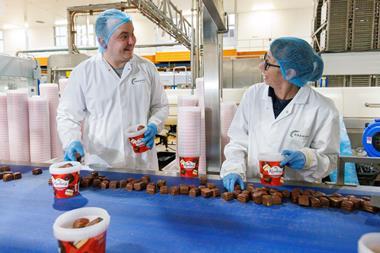

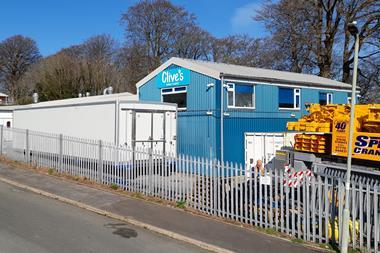
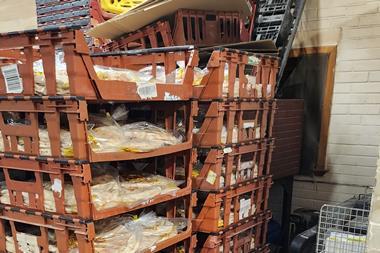
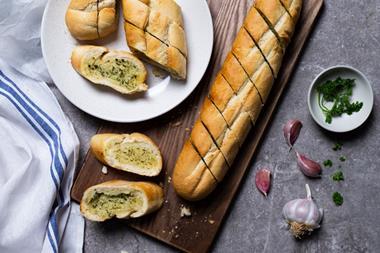
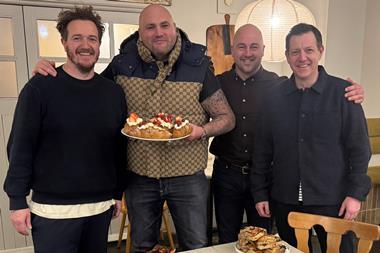

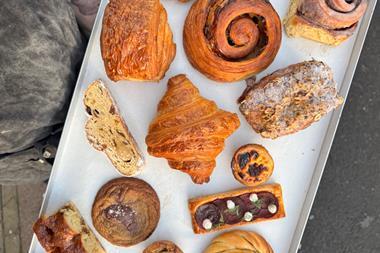
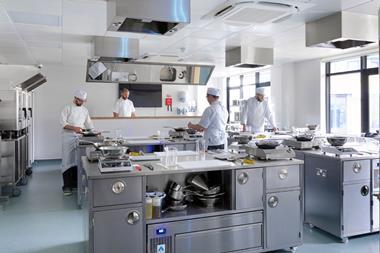


No comments yet